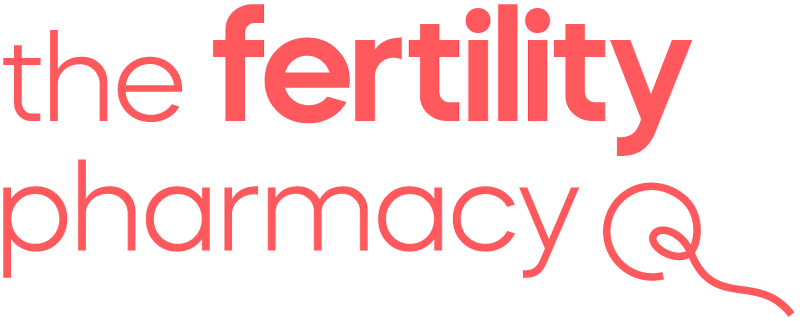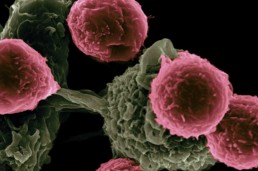There are many reasons why patients may need immune support during the IVF process.
We can provide you with all of the immune treatments that your clinic prescribes, including Intralipid infusions in the comfort of your own home from one of our experienced nurses.
Below is a list of the most commonly prescribed immune treatments available.
Intralipid Infusions
Intralipid infusions have been shown to normalise the killing power of natural killer cells in the blood. Intralipid is a solution of soya bean oil, egg yolk and glycine in saline. Intralipid infusion usually takes about one hour. Most patients experience no side effects but due to the risk of allergic reaction to the ingredients it may not be suitable for patients who are allergic to soya bean oil or eggs. Decisions on whether to give Intralipid are based on NK assay (Natural Killer Cell testing) results, the severity of immune issues and the patient’s preferences. We commonly administer the first infusion 7-14 days before a planned embryo transfer/implantation, followed by subsequent infusions on a positive pregnancy test and first ultrasound scan. The duration and timing of further infusions during pregnancy are made on the basis of the severity of immune issues, the results of NK retesting and doctors preferences.
Corticosteroids
Corticosteroids including prednisolone and dexamethasone tablets are used to suppress natural killer cells and inflammation. The most common side effect experienced by patients is insomnia which can be reduced by taking the tablets at breakfast time. For many of our patients, steroids are commenced on day 5-7 of your cycle or IVF stimulation and continued until 12 weeks of pregnancy.
Clexane
Thrombophilia (‘sticky blood’ conditions) may compromise blood flow to the uterine lining or to the growing placenta, leading to pregnancy failure. Elevated levels of NK cells can be associated with similar compromised blood flow. Clexane is an anticoagulant (‘blood-thinner’) with very predictable results which is given in the form of daily subcutaneous (under the skin) injections, usually into the abdomen.For many patients, clexane injections are started on day 5-7 of the cycle (for IVF patients, clexane is omitted on the day of Egg Collection). The dose is increased the day after egg collection and continued during pregnancy. The optimum duration of clexane treatment in pregnancy depends on the severity of thrombophilia or other immune conditions diagnosed. Most patients experience no side effects except bruising at the injection site. 75-81mg of daily aspirin is also prescribed.
Progesterones
Patients with immune related infertility may benefit from higher doses of progesterone than average due to anti-progesterone antibody activity or inflammation. Sometimes clinicians prescribe daily intramuscular injections of prontogest starting after egg collection (or ovulation or before frozen embryo transfer). However alternatives (cyclogest or utrogestan pessaries, crinone gel) are available or may be used in combination with prontogest. Prontogest is normally injected into the upper outer quadrant of the buttock muscle. Most patients remain on progesterone support until 12 weeks of pregnancy, but some patients may require support for a longer period. The most common side effect of progesterone treatment experienced by our patients is constipation.
Humira
Humira was originally developed for autoimmune conditions like Rheumatoid Arthritis, and is highly effective for reducing elevated TNF-alpha. TNF-alpha is a kind of messenger protein that is created by white blood cells. It works to help control the immune system’s response to foreign objects, promotes inflammation, and can aid in the healing of cells. But elevated TNF-alpha levels have been linked to lower egg quality, miscarriage, and implantation failure. Humira is effective for some patients with elevated uterine NK cells (shown by uterine biopsy) and or endometriosis in the absence of elevated TNF-alpha. Humira is given in courses of two subcutaneous (under the skin) injections, two weeks apart, followed by a cytokine retest after 7-10 days. Further courses may be required depending on the retest results. Most patients experience no side effects with Humira except for minor skin rashes at the injection site and occasionally cold or sore throat symptoms.
G-CSF (Neupogen)
G-CSF was originally used to increase the production of the white blood cells in the bone marrow. It was found to improve 2embryo implantation and reduce the risk of miscarriage in patients, particularly those missing some of the killer cell immunoglobulin-like receptors (KIR).
Antibiotic Treatment
Depending on infection testing results and other aspects of your medical history, various antibiotics are sometimes prescribed to clear diagnosed infections for both you and your partner before commencing fertility treatment or, occasionally, as a preventative measure at the time of any gynaecological surgery or during fertility treatment.
Folic Acid, Vitamin B6 & B12
All women who are trying to conceive benefit from at least 400 mcg of folic acid started three months before conception. For patients diagnosed with the MTHFR mutations, clinicians recommend higher doses of folic acid, vitamin B6 and B12.
Metformin
Many patients with polycystic ovarian syndrome or other insulin resistance benefit from taking daily metformin tablets to reduce insulin resistance.

